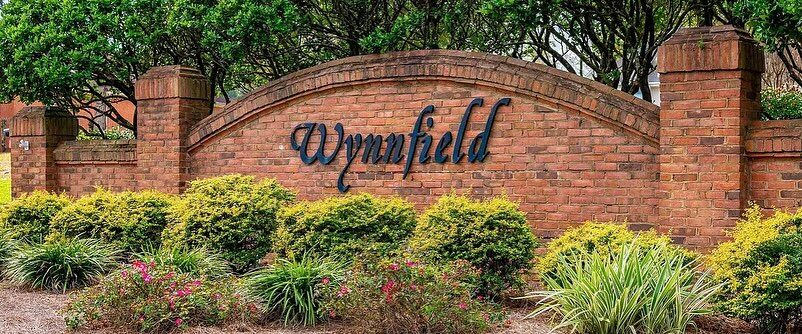The recent revelation that Chuck Thuss, president of the Wynnfield Homeowners Association (HOA), has filed for personal bankruptcy and lost a lawsuit against his bank has raised serious ethical questions among residents and stakeholders. This situation has left many homeowners questioning whether someone with significant personal financial challenges should remain in a leadership role responsible for managing community funds and enforcing rules.
The Role of an HOA President
As the head of the homeowners association, the president is tasked with overseeing budgets, managing community maintenance, enforcing bylaws, and ensuring financial stability for the neighborhood. This position demands a high degree of trust, accountability, and fiscal responsibility. When an HOA president faces personal financial turmoil, it raises doubts about their ability to make sound financial decisions for the community.
Key Ethical Concerns
1.Conflict of Interest
A major ethical question revolves around whether Thuss’s financial troubles might influence his decision-making. Residents are concerned about the possibility of funds being mismanaged or allocated without proper oversight. While no allegations of wrongdoing have been made, the optics of a financially distressed leader managing collective resources can erode trust.
2.Transparency and Accountability
Residents have called for increased transparency regarding HOA finances in light of the bankruptcy filing. Many are asking whether Thuss disclosed his financial situation to the HOA board before the news became public. If not, it raises ethical concerns about honesty and transparency within the organization’s leadership.
3.Competence and Financial Stewardship
Managing an HOA requires financial acumen, particularly when it comes to budgeting and planning for community expenses. Thuss’s personal financial struggles may lead some to question whether he has the capability to effectively oversee the association’s finances.
4.Perception of Leadership
Beyond the practical implications, an HOA president’s personal bankruptcy can tarnish the image of the association. Homeowners may worry about how this reflects on the neighborhood as a whole, potentially impacting property values or the willingness of residents to trust the HOA’s decisions.
Legal Implications
The loss of a lawsuit against the bank adds another layer of complexity. If Thuss was unable to resolve personal financial disputes in court, it raises concerns about how he might handle legal or contractual issues on behalf of the HOA. Some residents have suggested that an independent audit of the HOA’s finances be conducted to ensure that the association’s funds are being handled appropriately.
Calls for Change
In light of these revelations, many residents are urging the HOA board to take action. Some have suggested that Thuss step down to allow for a leader whose financial standing better aligns with the responsibilities of the role. Others have proposed implementing stricter financial disclosure requirements for board members to prevent similar situations in the future.
Moving Forward
The Wynnfield HOA now faces a critical juncture. To restore trust and address resident concerns, the board may need to prioritize transparency, accountability, and financial oversight. An independent audit, increased communication with residents, and potential policy changes could go a long way in addressing the ethical questions raised by this situation.highlight the importance of trust, transparency, and ethical responsibility in community leadership. For Wynnfield residents, ensuring that their HOA operates in the best interests of the community will depend on how these issues are addressed in the coming weeks and months.
